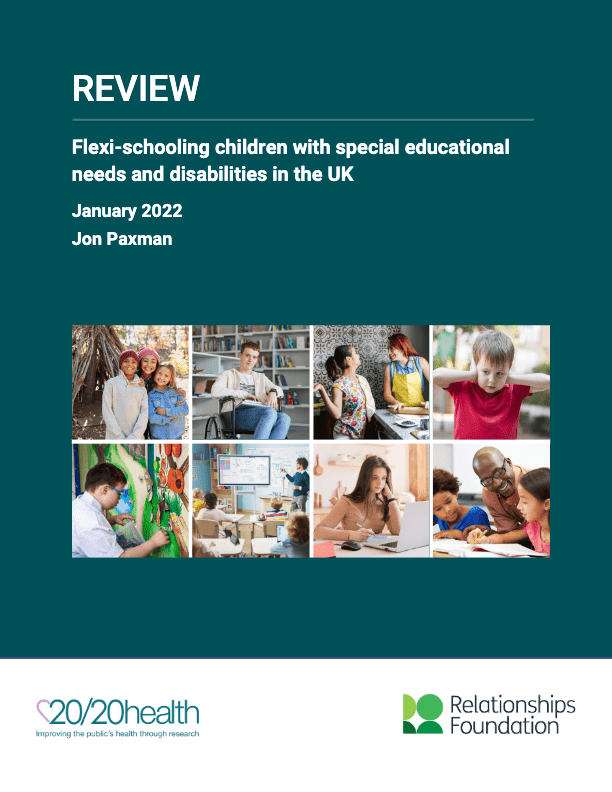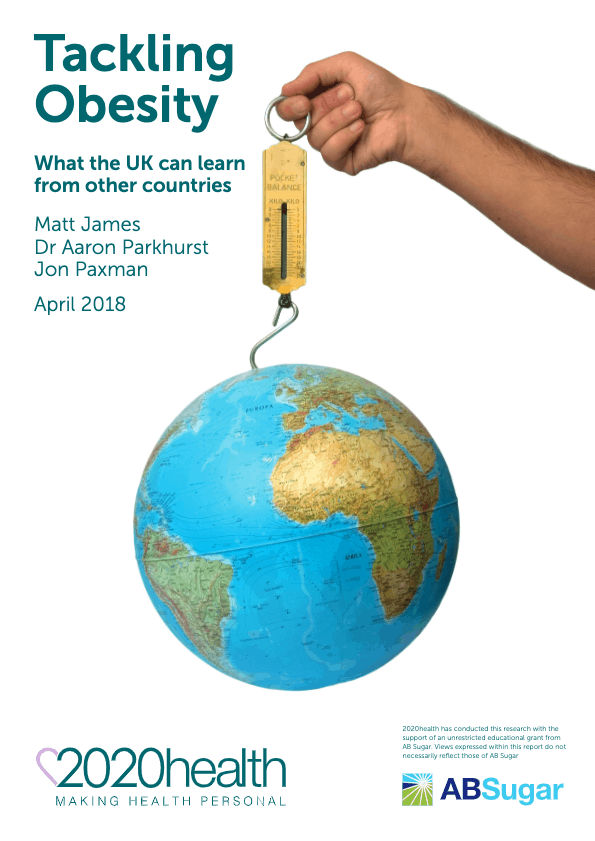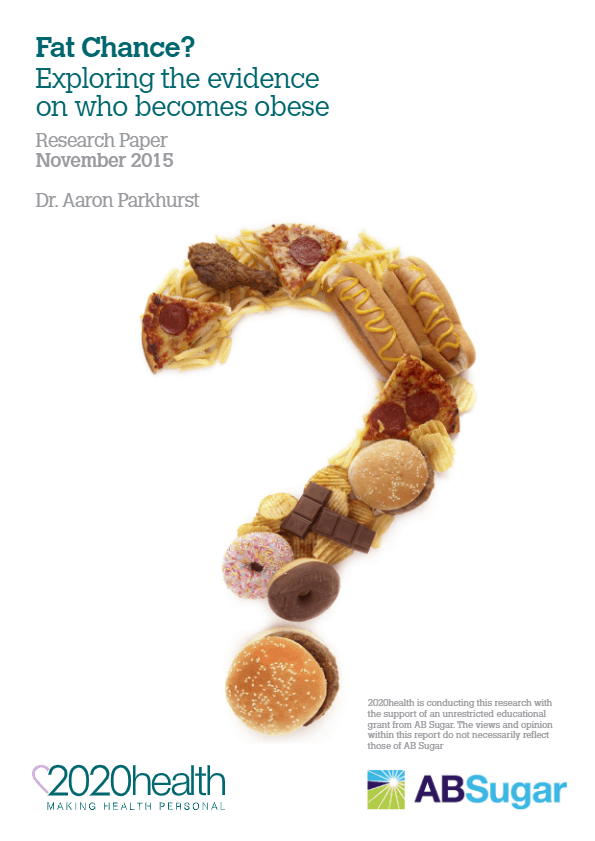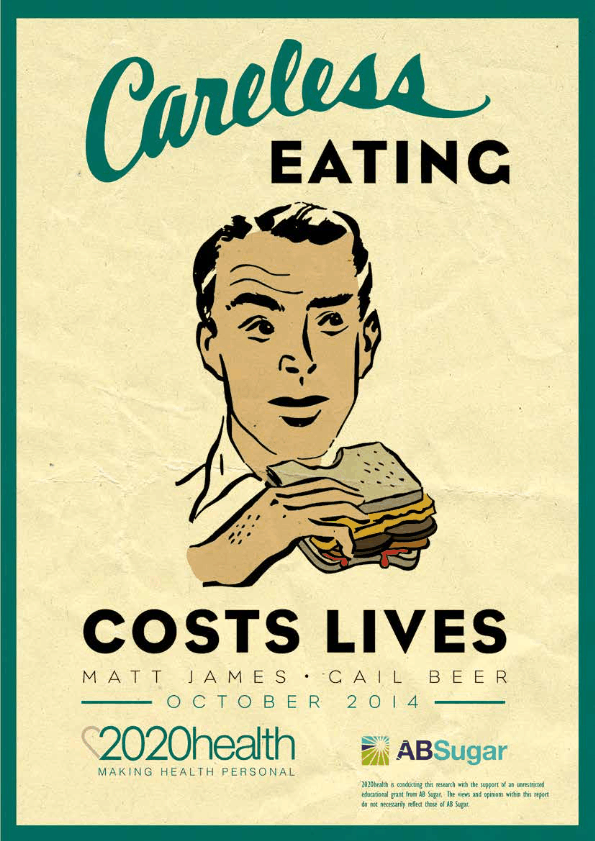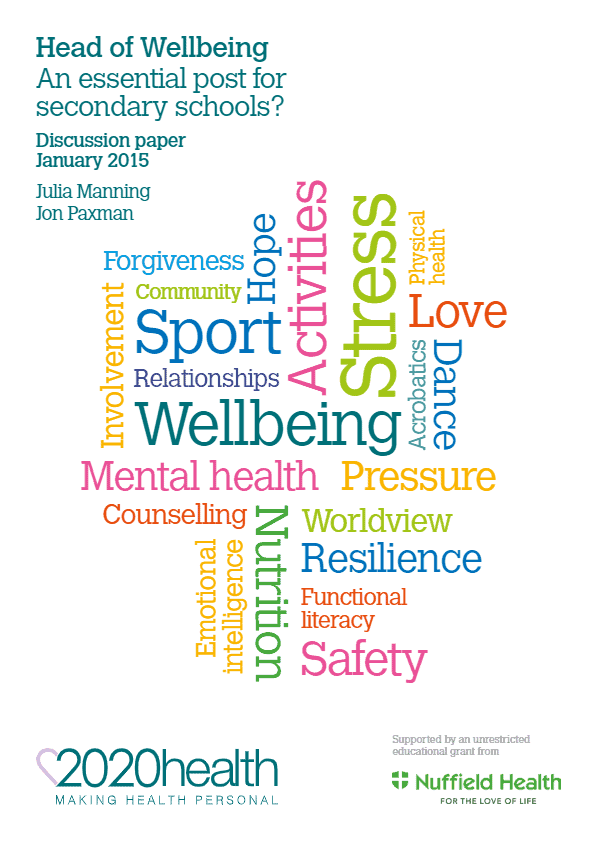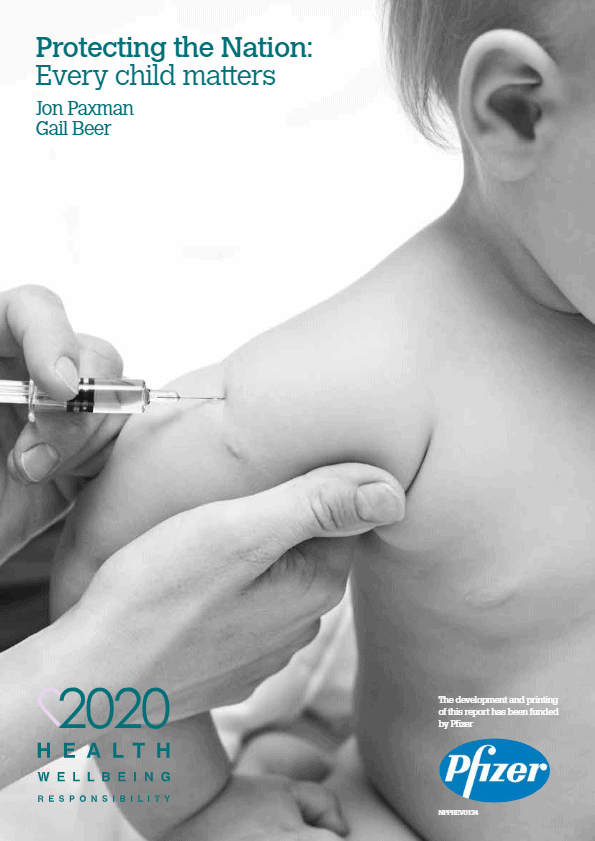Whole School Wellbeing
At the beginning of 2015, 20/20health published research on the concept of schools having a Head of Wellbeing. This concept was informed by four key considerations. The first was opinion from education professionals who see a clear need to raise wellbeing support within the whole-school community, for both staff and pupils. All too often, staff are overlooked and their wellbeing needs have never received the systematic attention given to employees in many other professions.
The second consideration was the wide evidence base that acknowledges the health benefits – and economic sense – of prevention and early intervention. This had not translated into proactive wellbeing support in the education sector, despite the link of staff wellbeing with pupil attainment.
The third was that pupil wellbeing support is not always widely available, meaningful and coordinated: it is all too easy for schools to turn wellbeing initiatives into tick-box exercises, or to have excellent onsite support that is vulnerable to budget cuts.
And the fourth consideration, in an age of rising demand, sustainable health and wellbeing support has to include an ‘asset-based’ approach, drawing upon the skills, knowledge, connections and potential in the school’s neighbourhood. This imagines the school community within its wider community, where other services, voluntary sector, volunteers and community organisations are engaged in mutual support with the school.
The vision for sustainable, strategic and coordinated Whole School Wellbeing Communities is being informed by ongoing research, frontline teaching staff and key experts. Next steps will be mapped soon. The publications below all contribute to realising this vision.
JMIR paper
https://mental.jmir.org/2020/4/e15416/
Published in the Journal of Medical Internet Research, the leading peer-reviewed journal for digital medicine and health and health care in the internet age. 20/20health’s Director Julia Manning lead-authored an academic paper exploring stress management by mid-career secondary school teachers, and the potential for support with digital technology.
JHU paper
Published by the Johns Hopkins University’s Institute of Education Policy, 20/20health’s Director Julia Manning lead-authored a white paper on Teacher Stress and Second-Hand Trauma. This paper sets out the rational and first-pass model of a teacher wellbeing framework, given greater urgency by the requirement of teachers to work and support pupils during the coronavirus pandemic.

